New ngrok domains now available
We’re excited to announce the release of new ngrok domains for free and paid users. As mentioned previously, these new domains automatically route your traffic to the nearest available region on the ngrok Global Network, providing you and your users with faster speeds and a smoother experience.
Starting today, free users will be assigned subdomains on two new base domains:
- ngrok-free.app
- ngrok-free.dev
Earlier, in March we rolled out two new domains for paid users:
- ngrok.app
- ngrok.dev
New accounts will only have access to these new domains. While existing users will still have access to the current ngrok.io base domain.
HSTS Domains
These new domain TLDs are a part of the HSTS (HTTP Strict Transport Security) preload list built into every major browser for which browsers automatically enforce HTTPS-secured connections.
This means, you will receive an ngrok 3200 error when attempting to connect to your service or application via browser using HTTP on these new domains. You can still connect via HTTP using a non-browser client such as curl.
Agent v2
You will automatically get assigned endpoints with HTTP and HTTPS, attempting to connect to your service or application using HTTP via the browser you will receive a 3200 error. You can still connect via HTTP using a non-browser client such as curl.
Agent v3
Using the --scheme http or --scheme http,https flag, attempting to connect to your service or application using HTTP via the browser you will receive a 3200 error. You can still connect via HTTP using a non-browser client such as curl.
Agent CLI and API changes
In addition to launching two new domains, we are also introducing a few changes to the agent CLI and API.
CLI changes
Deprecated --subdomain and --hostname flags in favor of --domain flag which accepts a fully qualified domain.
- e.g.
ngrok http --subdomain foo 80becomesngrok http --domain foo.ngrok.dev 80 - e.g.
ngrok http --hostname foo.ngrok.dev 80becomesngrok http --domain foo.ngrok.dev 80
Changed --region flag for Global Network base domains to only configure the region where the agent resides. Users accessing ngrok endpoints will still be routed to the point of presence with the lowest latency and then connected to the nearest available agent.
- When the
--regionflag is omitted, by default the agent will be assigned to the nearest region with the lowest latency. - For existing users, the region flag coupled with the
subdomainflag will continue to configure the domain region (e.g. using--region eu --subdomain foobecomesfoo.eu.ngrok.io)
API changes
Deprecated region property on /reserved_domains API endpoint.
- Custom domains and ngrok.app, ngrok.dev, ngrok-free.app and ngrok-free.dev by default routed through the ngrok Global Network.
- Subdomains reserved on the ngrok.io base domain will default to US.
- Users with existing custom domains wanting to leverage the Global Network can make a
PATCHrequest to the/reserved_domainsendpoint with theregionproperty set to an empty string (region: "")
Deprecated name property on /reserved_domains API endpoint in favor of the domain property.
- Users should migrate to the domain property which requires a fully qualified domain. e.g.
POST /reserved_domains { "domain": "foo.ngrok.dev" }
- The
nameproperty will still work as-is; however, long-term support is not guaranteed.
Stay tuned for more updates on the upcoming Global Network changes.

